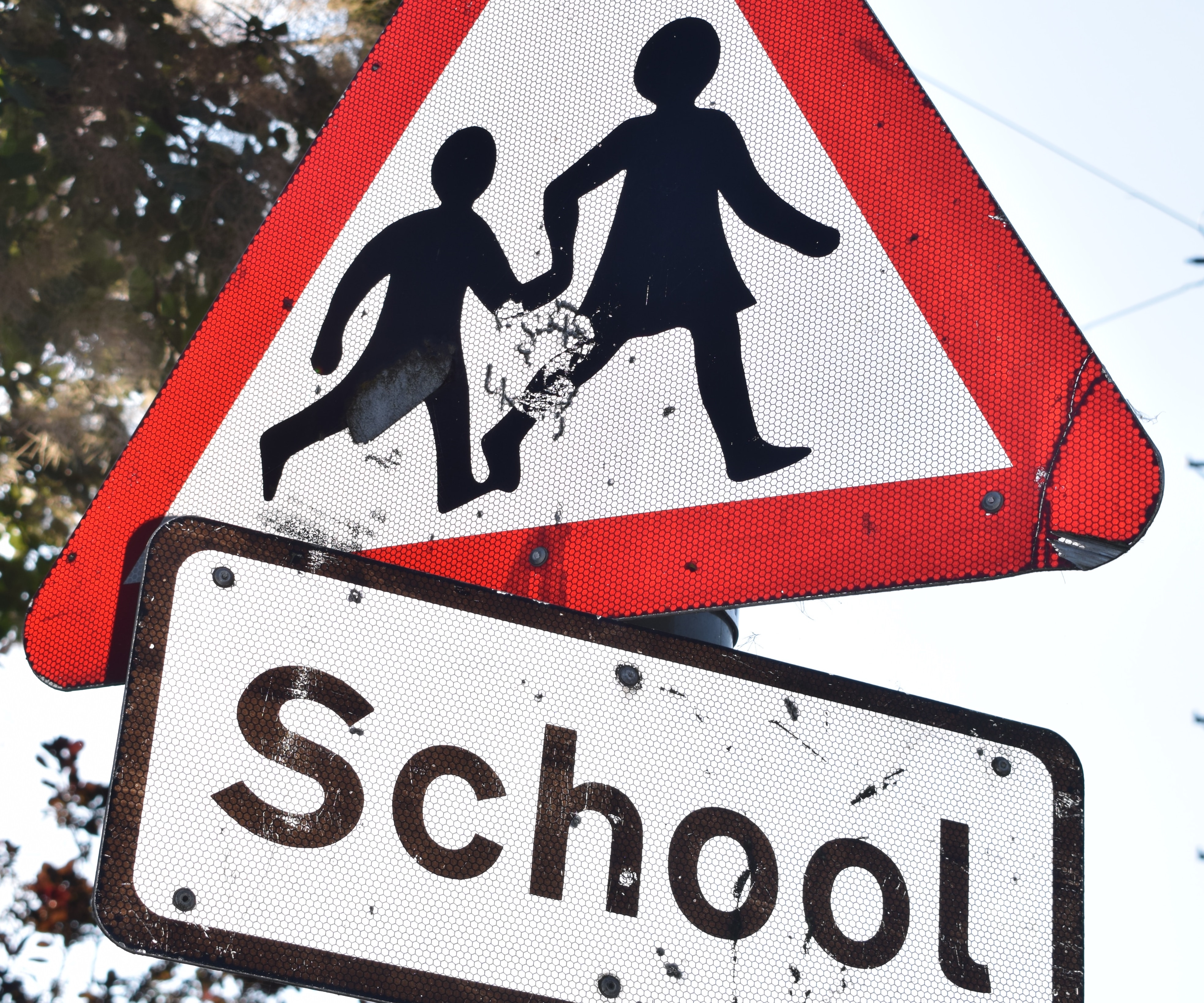‘School Refusal’: Closing the Communication Gap
-
-
Suzy Rowland
The school year is drawing to a close amid reports of rising pupil absences and warnings of a ‘national crisis in education’. But what is being done to understand and address the psychological aspects of persistent absenteeism, including unmet additional needs? Suzy Rowland, CBT practitioner, autism / ADHD specialist trainer and founder of the happyinschool project, reflects on the difficult emotional dynamics around what is still unhelpfully termed ‘school refusal’ – and shares some suggestions for improving communication between school, families and children.

When delivering talks to educators on neurodiversity and school non-attendance (currently described as Emotionally Based School Avoidance, or EBSA for short), I observe that schools are primarily concerned with how quickly they can encourage children back into the school setting. Most parents’ main concern is for their child’s emotional safety and wellbeing.
As a neurodiversity advocate and schools trainer, running detailed programmes for mental health, educational professionals and complex organisations, I seek to achieve helpful dialogue and positive outcomes for all parties.
‘Resilience’ is a term I hear a lot in this work. What I hear far less discussion around is the way in which neurodivergent children are being bent out of shape many times during their school day in response to the school environment. By the time they stop attending, this is a strong indicator that they’ve reached burnout.
It is hardly surprising that when a parent, child or family presents with issues relating to school anxiety, the primary caregiver – often a mother – may feel fragile and vulnerable to attack. Sentences that start with ‘can’t you?’ or ‘have you tried?’ belie the complexity of the situation. In the face of long CAMHS waiting lists, disability discrimination and a lack of comprehensive neurodiversity training and support for teachers, too often the family feel the weight of blame.
The key to all this is improving communication between children, families and professionals in the school system. But this is very difficult terrain. I gained a renewed appreciation of the strength of uncontained feeling around the issues of school non-attendance when, in early 2023, I was attacked online by angry parents following a misleading social media review of my child-centred workbook for non-attenders, 'I Can't go to School!'
I had written the book as a parent myself of a neurodivergent child, aiming to capture difficult family experiences of school anxiety. So I was shocked by these responses and experienced a painful sense of injustice. But it’s hardly surprising the atmosphere is so volatile and reactive, when parents’ struggles still remain largely unheard.
Getting the whole context
Another reason why it is important to be communicating effectively with families when a child is off school is that they can help to provide rich contextual information. As a starting point in my work, I always aim to understand how we got here.
Usually, the first few meetings reveal the immediate presenting issues: fear, anxiety, self-harm and situational avoidance. When trust with the young person (and their family) is further established, deeper and more complex reasons are often revealed.
Take Clara (not her real name), a 13-year-old girl with a dual autism and ADHD diagnosis. She initially described issues at school as boys ‘getting away’ with things, frustration about some teachers’ apparent inability to control their class, and struggling to fit in. Although popular and friendly, she found conversations about trivial subjects either difficult to follow or irrelevant. Frequent friendship squabbles and her intense rejection sensitivity (very common in neurodivergent teens) either left her in tears or led to fights.
A few sessions in, I learned more. At the start of Covid, Clara’s sister was diagnosed with leukaemia, and Clara was sent to stay with her grandparents. She was there when we went into the first lockdown – away from her sister, her parents and the cat. In this 13-year-old’s world, Maslow’s neat triangle had spun abruptly on its head.
The intensity and changes of the preceding years had left Clara adrift, with little time to process or recover. Going back to her mainstream secondary school, to navigate intricate social dynamics and sometimes riotous classroom antics, was too much.
Communicating in the crossfire
Every child is unique, every family is different, and every school has its strengths and challenges. But there are a few things I have found it helpful to remember when working to close the communication gap, especially when working with neurodivergent school-age children:
- It’s vital to explore the cause of the child’s underlying emotional pain before we start to develop proposals for returning to the school setting.
- Listening to the child, and co-producing strategies that amplify their voice, is imperative to any forward momentum.
- A child experiencing burnout is unlikely to be able to effectively communicate their distress in words – so we also need to ‘listen’ carefully to their actions.
- Neurodivergent young people in particular value transparency and reliability. Once a plan is agreed on, follow through on every aspect of this plan is everything – otherwise we lose trust and may have to restart the work.
Once the caregiver is grounded, the child is more likely to feel safe too. So a vital part of this work is taking delivery of their tears, frustration and anger. When you are that parent who feels like a pariah at the school gates because your child carries big emotions in a big heart, you need to know that you are not alone.